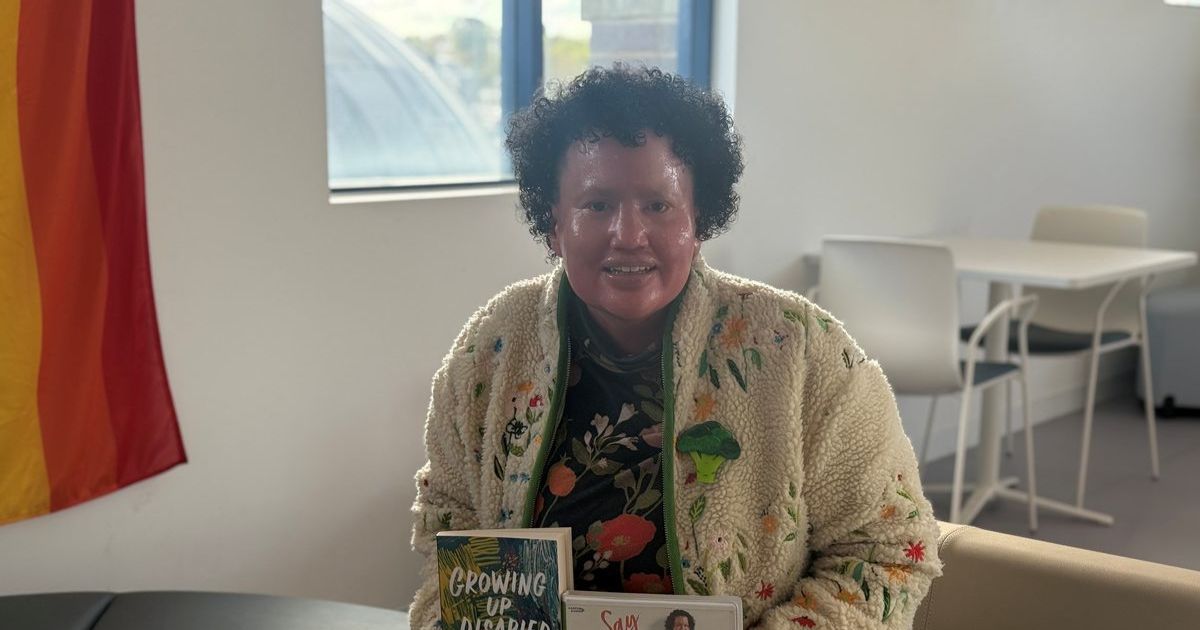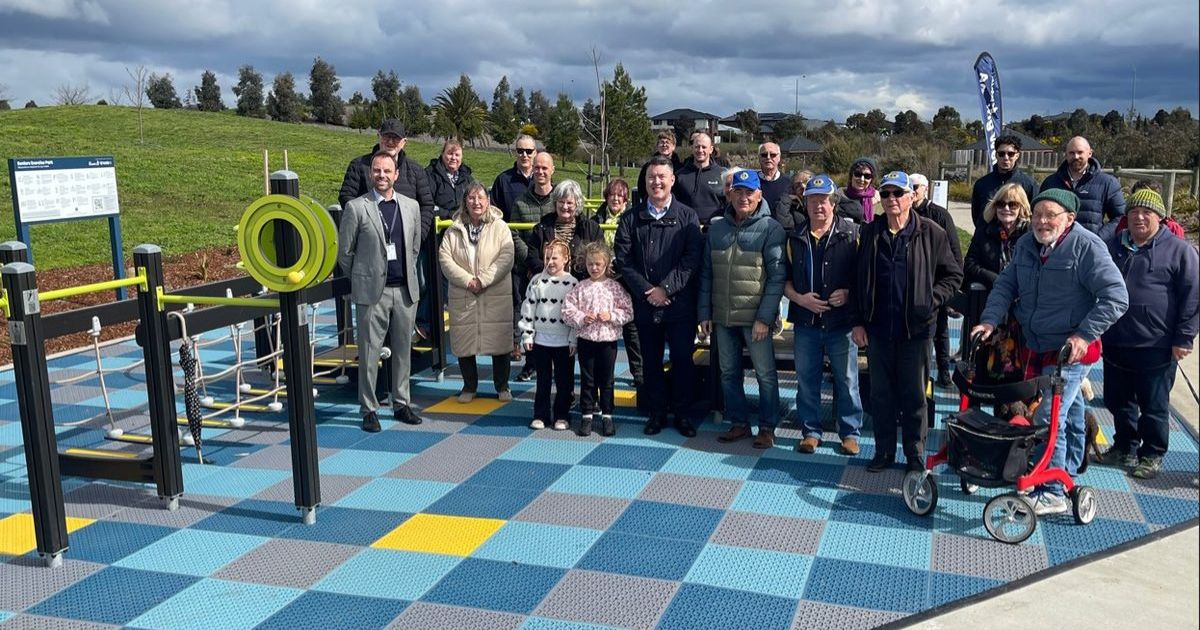Homelessness focus for ecumenical welcome by Bishops

Community care: Bishop Paul Bird, Fr. Constantine, Cr Samantha McIntosh, Sean Duffy - CEO Uniting Care and Tony Fitzgerald - CEO Centacare in front of the Shower Bus. Photo: ALAN MARINI
AN ecumenical welcome to the Australian Catholic Bishops’ social justice statement on the homeless in Ballarat was held on Tuesday, 25 September.
The statement was entitled ‘A Place to Call Home – Making a Home for Everyone in our Land’.
It stressed that religious and humanitarian principles coincide by pointing to the parable of the good samaritan and the UN Declaration of Human Rights which states at Article 25(1) that, “Everyone has the right to a standard of living adequate for the health and well-being of himself and his family, including housing.”
The statement said that there’s groups in society who are most impacted by homelessness or the risk of it. Examples included first peoples whose dispossession has made them ‘homeless’ for generations and refers to those who cannot afford to buy a house, rough sleepers and couch surfers, people on low incomes, people subject to domestic violence, the mentally ill, the elderly, the unemployed, former prisoners, Aboriginal and Torres Strait Islander people and refugees and asylum seekers.
The statement referred to the teaching of Pope Francis against an economy of exclusion and inequality and to his example in assisting the homeless in Rome.
It called on people to follow his lead by calling on the state, business and civil society (including the church) to address the structural causes of homelessness and support the homeless and those at risk.
It also mentioned the national homelessness strategy introduced a decade ago but now abandoned, leaving the nation without a comprehensive plan to address the issue.
Lastly, the statement called for an intergovernmental plan to address three points.
They included basic material needs of low-income groups to be met by assistance, increased social and community housing through greater cooperation and addressing the major structural issues that drive up house prices. The event was held in front of the Shower Bus in the car park of St Paul’s Anglican Church, Bakery Hill.
Father Constantine Osuchukwu of the Anglican Church spoke passionately of his experience with homeless people and his hope for the future.
“There are two words that kept coming up in this Social Justice Statement which I think are absolutely vital if we are ever going to address the social issues we face in general, and homelessness in particular – Encounter and Solidarity,” he said.
“I used to live next door to this church. Four years ago a homeless person slept in that car port for two weeks before knocking on my door one evening asking for shelter from the rain and cold.
“She ended up staying at the Rectory’s back room for a few months because we couldn’t find her a place to go to. The wait for a single bedroom for people like her was 18 months.
“The Shower Bus was a result of that encounter. Living in close proximity made me realize what I didn’t realize before: homeless people need hygiene services. They had Uniting Care, CentaCare, Anglicare and other places to go for a shower, but they are mostly open during office hours. The Shower Bus operates in the evening and offers other options,” Fr Constantine said.
“The second encounter was with Luke, another homeless person who died in an abandoned building on the corner of Peel St and Scott Parade.
“I don’t how long he was there before his body was found. I buried him from this church with a few of his friends and mother. His mother came from Perth to collect his ashes and broke down when she saw where her son died. She said, ‘Even my dog in WA would not want to live in a place like that.’
“Those are stories of encounter that changed my perception of homelessness.”
Father Constantine said that when we talk about homelessness we are talking about, “flesh and blood, our brothers and sisters, our children, somebody’s daughter or son.”
“A culture of encounter and solidarity is what we need to counter our culture of indifference towards homeless people,” he said. “There are no us and them. Just we! As we say in Africa: ‘when the toe is hurting, the whole body bends down to look after it’.
Homelessness is not inevitable, with determination and resolve we will make sure that everyone in Ballarat has a place to call home.”


















